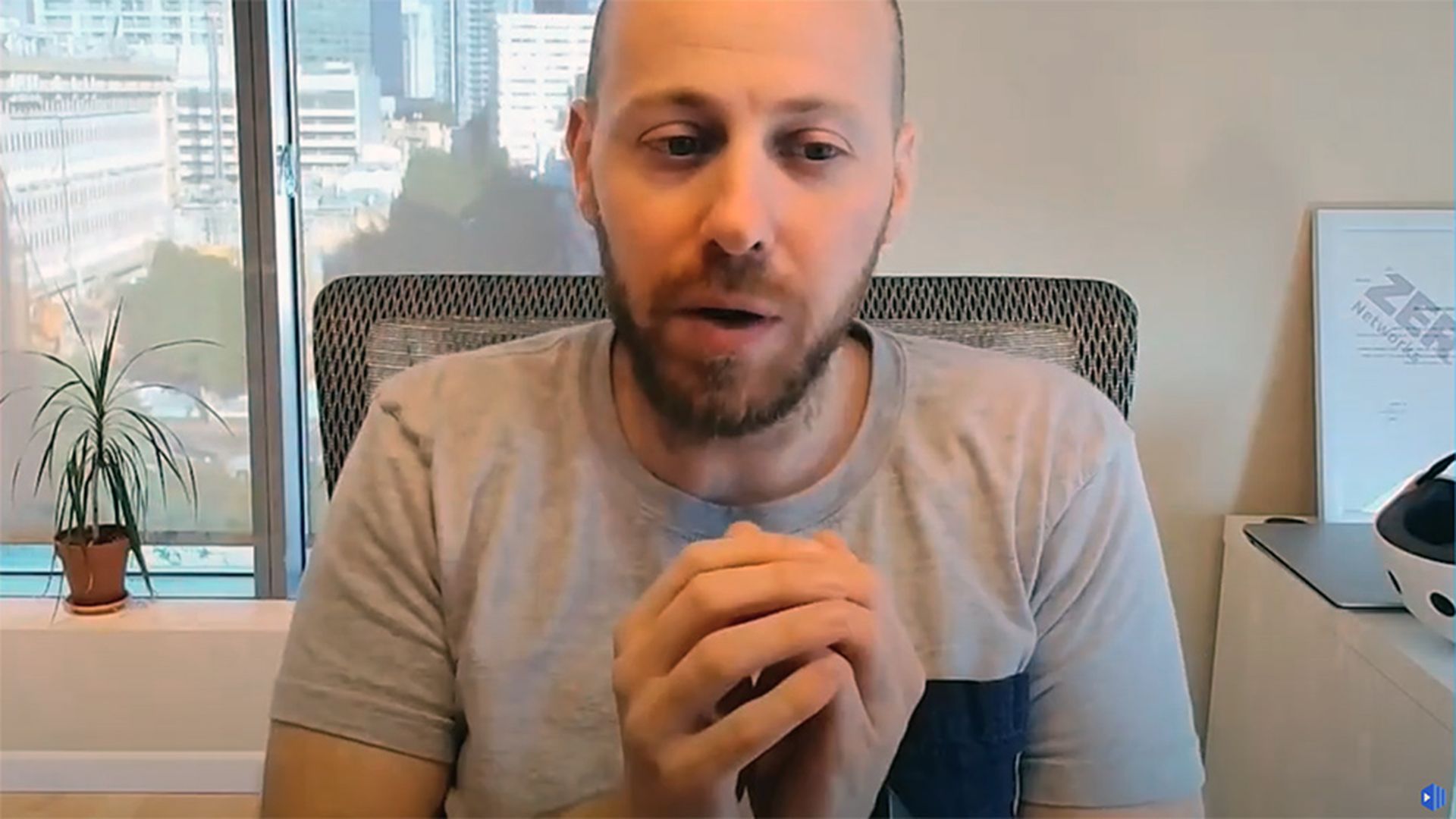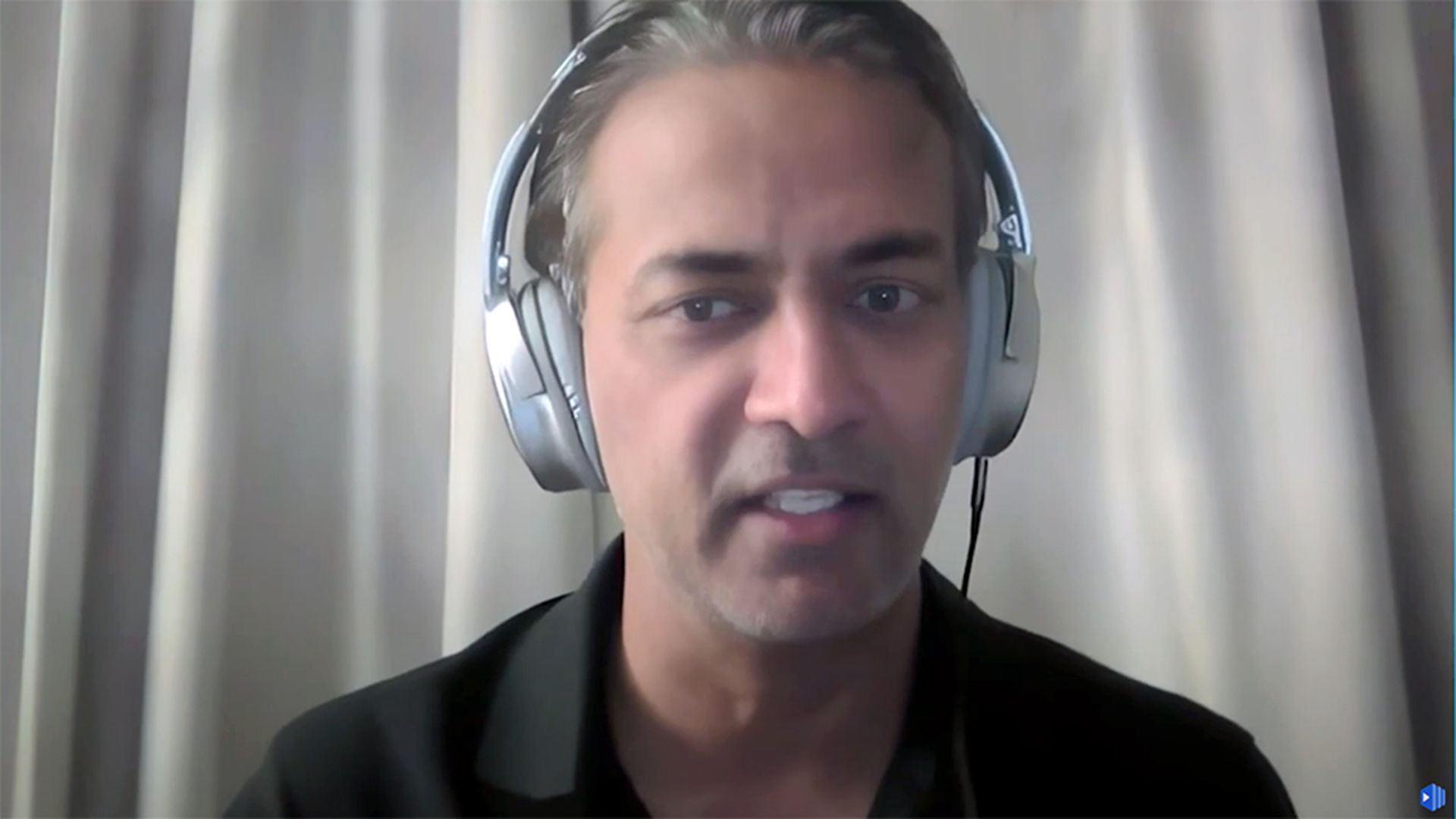
When we try to move too fast in security, we create friction that not only burns people out, but leads to wasted-work and rework, often at the expense of finishing our priority projects. The stakes are too high to continue on this path, so here’s what we need to do.
What am I doing wrong?
After explaining the struggle of managing a team of nine with 21 active projects and non-stop requests and interruptions, an exasperated Travis (not his real name) hung his head in his hands and asked me what he was doing wrong.
I paused for a second, then asked, “Why is your default to assume you’re doing something wrong?”
He didn’t know.
It took some exploration before he embraced the reality that he was not wrong, just working at an unsustainable pace that was burning him and his team out.
What’s creating the friction?
Some security teams — to avoid saying no — now say yes to everything. Travis, new to leadership on the security team, had little sway over what the CISO and directors agreed to. Frankly, they agreed to nearly everything that came their way, fearful of getting labeled obstructionists.
If everything is a priority, then nothing is a priority.
The wicked corollary is that each time you say yes to a lower priority, you say no to the higher priority — the work we need to finish to deliver value.
During a follow-up call, Travis agreed that he and his team were trying to do too much and solve everything all at once. He pointed out the strained relationships with vendors and other teams he needed to rely on to get stuff done, and how he just didn’t trust that they’d do it right.
That’s the result of friction building to the point it erodes value, destroys trust, and burns people out. The same friction affects our projects, too.
How we end up with wasted-work and rework?
Travis lamented what felt like a constant stream of wasted work and rework. When we diagnosed the situation, we found a lot of situations where the work that needed to get done — and the work agreed to — got sacrificed for the urgent and sometimes shiny interruption.
As deadlines inched closer, stressed-out and tired team members would “do their best” to catch up on the priority work. Too often, though, they didn’t take time to clarify expectations, and minor differences in understanding and approach created a lot of wasted work that needed to get worked on again.
When we don’t have time, the last thing we have time for is wasted-work and rework.
We’re putting our team at risk
Travis finally realized what was happening and suggested, “We need to slow down. The team that normally gets along is attacking each other.”
The pace is not sustainable. There is nothing worse than feeling burnt-out and realizing that the frenetic pace is creating wasted work and re-work. It’s demoralizing.
If you’re trapped in this vicious cycle, then your top performers are flight risks. They might not even hide it!
A team attacking itself is a sure sign of friction that requires immediate attention.
Slow down to deliver value faster
Embrace that you’re doing nothing wrong. Figure out the right problem to solve, and focus on finishing that priority work. Not only does finishing feel good, it’s the moment we see and deliver value.
Paradoxically, when we slow down enough to identify and solve the right problems the right way, we naturally reduce the friction derailing us and our teams. And we end up delivering value faster, too.



